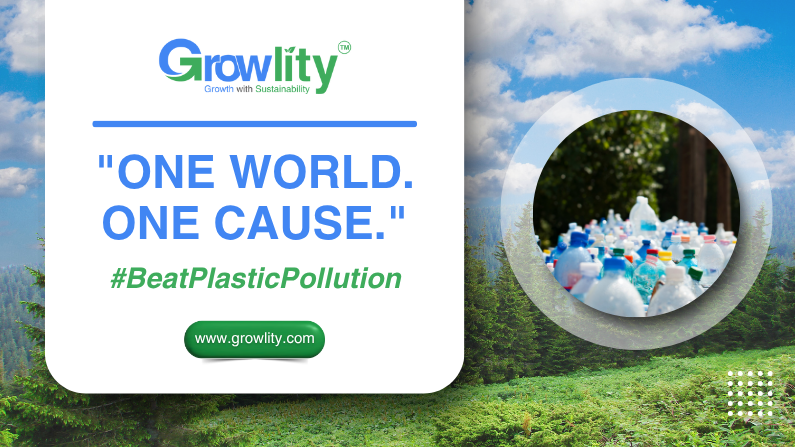But how is a theme like this chosen? And why does this day matter so much?

How UNEP Selects It?
The United Nations Environment Programme (UNEP) leads the charge on World Environment Day each year, carefully selecting a theme that resonates with the most urgent environmental issues of our time. The theme-setting process typically involves:
- Global Consultations with environmental experts, policymakers, and regional offices.
- Review of Current Crises, scientific findings, and global treaty developments.
- Strategic Relevance, ensuring the theme aligns with international negotiations and targets—such as climate action, biodiversity, or pollution.
- Host Country Alignment, collaborating with the year’s host nation to spotlight successful case studies or innovative environmental action.
For 2025, #BeatPlasticPollution emerged as a clear priority—timed to amplify global momentum for a legally binding Global Plastic Pollution Treaty, currently under negotiation.
Why June 5? A Date Rooted in History
The choice of June 5 is no coincidence. It marks the opening day of the 1972 Stockholm Conference, the first major international gathering focused solely on the environment. This historic summit laid the groundwork for the creation of UNEP, making June 5 a symbolic anchor for global environmental consciousness. Since then, the day has grown into the largest global platform for environmental outreach, celebrated in over 150 countries.

Why Plastic? Why Now?
Plastic is everywhere—from the food we eat to the air we breathe. It’s cheap, durable, and dangerously persistent. Here’s what makes the plastic crisis so urgent:
- 11 million tonnes of plastic leak into aquatic ecosystems every year.
- Microplastics are now found in human blood, lungs, and even placentas.
- The annual social and environmental cost of plastic pollution is estimated between $300 billion to $600 billion.
- Wildlife—from whales to turtles—mistakes plastic for food, often with fatal consequences.
- Plastic even enters the soil through agricultural products, affecting crop health and soil biodiversity.
Yet, among all environmental crises, plastic pollution is one of the most fixable—with clear, actionable solutions already available.

Meet the Host : Republic of Korea
This year’s host, the Republic of Korea, is no stranger to environmental innovation. It previously hosted World Environment Day in 1997 under the theme “For Life on Earth”. Fast forward nearly three decades, and the country now stands as a global leader in waste management and plastic policy reform.
- Full life-cycle plastic strategy: Targeting everything from design to disposal.
- Extended Producer Responsibility: Pushing businesses to rethink plastic at the production stage.
- Circular Economy Innovation: Promoting reuse, repair, and recycling at every level.
The province of Jeju, known for its pristine beaches and volcanic beauty, is leading this year’s celebrations. Jeju has pledged to be plastic pollution-free by 2040 and has introduced:
- A household waste separation system,
- A disposable cup deposit scheme, and
- Dedicated recycling support centers.
Jeju’s commitment makes it not just a host—but a role model.

Science, Solidarity & the Plastic Treaty
This year’s campaign is also deeply intertwined with international diplomacy. In November 2024, the Republic of Korea hosted the fifth round of negotiations for a global plastics treaty. The second phase of these discussions will continue in August 2025 in Geneva, where countries will finalize actions to phase out harmful plastics and transition to circular models.
UNEP’s campaign for World Environment Day 2025 brings this treaty to the public sphere—bridging science, policy, and people power to ensure change isn’t just negotiated behind closed doors, but championed in every community.

Refuse. Reduce. Reuse. Recycle. Rethink.
The fight against plastic isn’t just the responsibility of governments. It’s a collective journey—and one that begins with simple choices:
- Say no to single-use plastics.
- Support brands that invest in sustainable packaging.
- Advocate for policies that restrict plastic production and encourage circular economies.
Educate others—because awareness leads to action.

One World. One Cause.
World Environment Day 2025 is more than a date—it’s a declaration. A declaration that we will not ignore the plastic piling up in our oceans, poisoning our soil, and infiltrating our bodies. That we have the technology, the will, and the urgency to #BeatPlasticPollution—and that the time to act is now.
Let’s not just commemorate this day. Let’s honor it through action.

Recent Comments